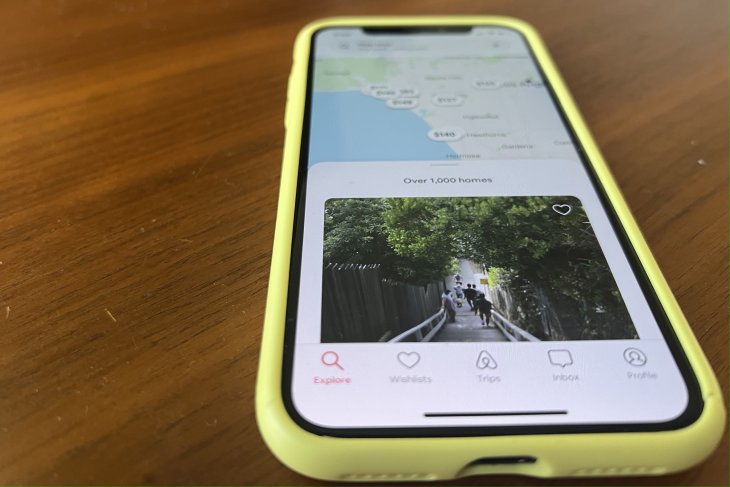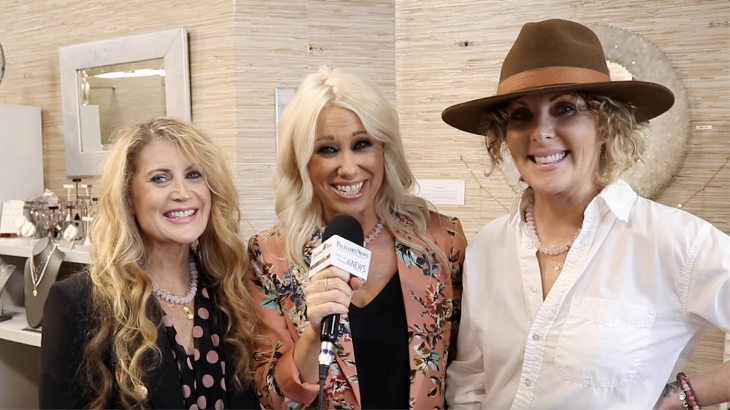Hearing the word “budget” causes some people confusion while others cringe with despair. It’s a financial management practice that everyone should adopt, but many overlook or try and fail. Although budgeting seems restrictive and developing a system is sometimes complicated and time-consuming, it’s a tool that can prove beneficial to your financial wellness and overall quality of life. Continue reading to learn more.
Budgeting Relieves Financial Stress
There are many reasons that people get stressed out about money, but lack of control and organization is at the top of the list. When you have no idea what money you have coming in and out, it makes all other financial transactions overwhelming.
How do you know if you can afford to get gas, groceries, or splurge and treat yourself to lunch? Your bank account may say one thing, but that upcoming utility bill may prove otherwise. Now you’ve spent the money you need and risk a late fee or shut off notice.
Budgeting Frees Up Cash
Here’s an advantage you may not have considered – budgeting can free up cash. Since a budget provides a detailed record of your income and expenses, you can see where your money is going. If you’re spending too much money on things you don’t need, you can make changes to reduce those costs, leaving you with more money in the bank.
Budgeting Saves Marriages
Overspending, mismanaging funds and accumulating debt cause financial and relational strain. When you have a household budget that outlines income and expenses, you can make informed decisions together that benefit your family. It reduces financial waste, decreases debt, and assists couples in meeting financial goals, bringing your relationship closer than ever.
Budgeting Helps You Save
Having money for a rainy day, major life purchases, or other milestones in life is ideal. Yet, most people struggle to save. Adding a designated amount to your budget for savings can help you develop a positive financial habit. Not to mention you’ll also have more money to set aside as you stop unnecessary spending.
Budgeting Assists With Debt Reduction
Everyone has debt, but it can make life harder when you let it get out of control. Budgeting can assist you with managing and reducing debt. Since a budget lists all your financial obligations, you can develop a habit of setting money aside each month to pay down balances.
Budgeting Creates Investment Opportunities
Most financial experts recommend investing as a way to increase your income in the short and long term. Unfortunately, most people believe they don’t have enough money to invest. If you use your budget to cut unnecessary spending, boost your savings, and reduce debts, you’ll find that you have money to invest in your future in time.
Budgeting Helps You Make Informed Decisions
Every financial decision you make today will impact you and those you support tomorrow. That’s why it’s imperative to avoid impulsiveness with money. A budget provides a foundation for better decision-making. You can see whether you can afford something or how a particular investment will help or harm your finances before deciding what is best.
Making Budgeting Fun
While you may better understand why budgeting is essential to improved living, it doesn’t change the fact that creating and sticking to a budget is challenging. Luckily, there are some ways to simplify budgeting for a more inviting experience.
- Choose The Right Bank – One suggestion is to select a bank that offers tools and resources for budgeting. For instance, ONE offers Pockets including the Spend, Save, Auto-Save, and Credit Builder card pockets where you can divide up your money for budgeted expenses, manage accounts in real-time, schedule transfers, and reduce stress.
- Set Goals – When you have something you’re working towards, it makes budgeting a lot more fun. Set financial goals like buying a house, getting a new car, getting married, or going on vacation. Add these savings goals to your budget and set money aside each pay cycle. As you see your balance increase, you’ll be encouraged to stick to your budget.
- Reward Yourself – Another way to make budgeting fun is to reward yourself for a well-done job. For example, if you stick to your budget for 30 days, splurge on something you’ve had your eye on, or have fun with a partner, family, or friends. Of course, don’t make the reward so costly that it causes financial problems.
Budgeting is an essential personal finance management practice to use as the economic impact of COVID-19 continues to unravel. Whether you want to regain control of your finances, reduce stress, improve your relationship, save for future goals, invest, get out of debt, or be more financially responsible, budgeting can assist you in making significant progress. If budgeting isn’t your strong suit, use the suggestions listed above to simplify the process and make it more enjoyable.
























